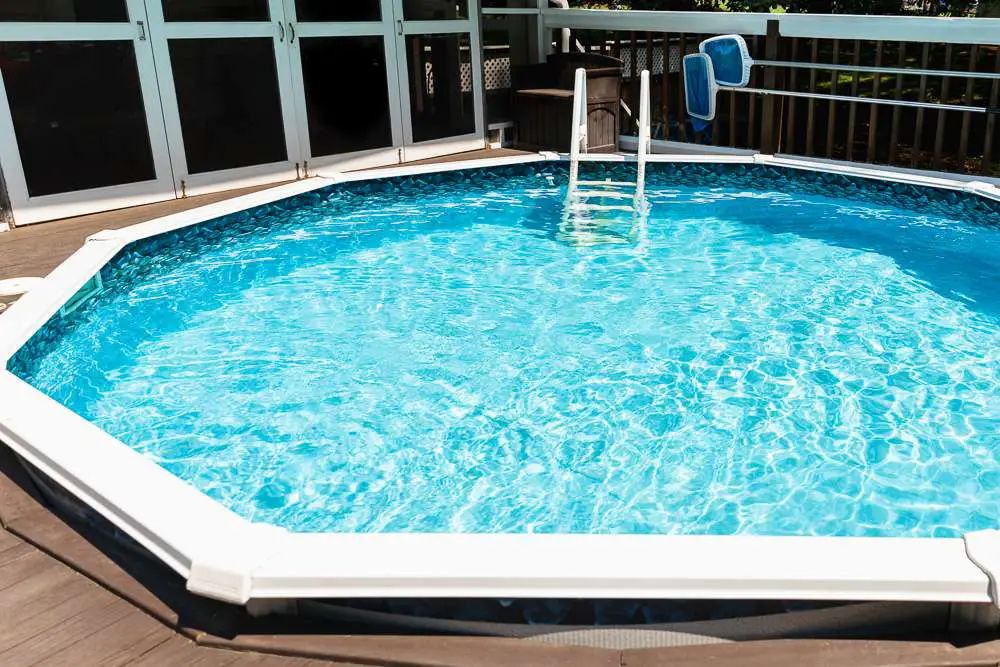Are you considering adding an above ground pool to your backyard? Before diving in, it’s essential to understand the cost involved. In this article, we will explore the various factors that determine the cost of an above ground pool.
1. Pool Size
The first factor that affects the cost of an above ground pool is its size. Above ground pools come in a range of sizes, from small round pools to larger oval or rectangular pools. The larger the pool, the more expensive it will be. When deciding on the size of your pool, consider how many people will be using it and the available space in your backyard.
2. Pool Material
Another aspect that influences the cost is the material used to construct the pool. Above ground pools are typically made from three main materials: steel, aluminum, and resin. Steel pools are the most affordable, followed by aluminum, while resin pools are generally the most expensive. The material you choose will depend on your budget and preferences.
3. Installation Process
The installation process is a crucial factor when considering the overall cost of your above ground pool. While some homeowners may opt for a DIY installation to save money, hiring a professional is recommended to ensure proper installation. The cost of hiring a professional will vary depending on your location, the complexity of the installation, and any additional services required, such as leveling the ground or building a deck around the pool.
4. Additional Features
Adding extra features to your above ground pool, such as a deck, lighting, a heater, or a filtration system, will increase its cost. These additional features can enhance your pool experience but should be considered within your overall budget. Prioritize the features that are essential to you and remember that you can always add more later.

Credit: homeguide.com

Credit: www.fixr.com
5. Maintenance and Upkeep
It’s important to factor in the ongoing maintenance and upkeep costs of an above ground pool. Regular maintenance, such as cleaning and chemical treatments, is necessary to keep your pool clean and safe. Additionally, you’ll need to consider the cost of water, energy for filtration and heating, and any repairs that may be required over time.
6. Location and Climate
Where you live and the climate in your area can also impact the cost of your above ground pool. If you reside in an area with a short swimming season, you may need to invest in additional heating features to extend the usability of your pool. Similarly, if you live in a region prone to extreme weather conditions, you might need to take extra precautions or invest in a sturdier pool.
Conclusion
In conclusion, the cost of an above ground pool can vary depending on several factors including the size, material, installation process, additional features, maintenance, and location. It is essential to consider these factors and create a budget that aligns with your needs and preferences. By doing so, you can enjoy the benefits of having a refreshing pool in your own backyard.




